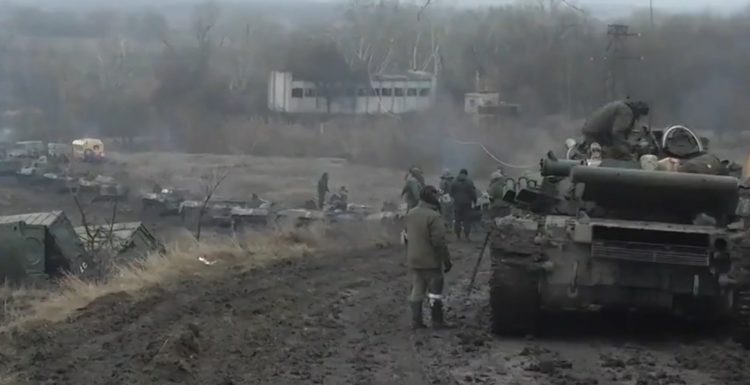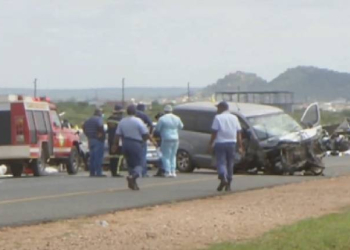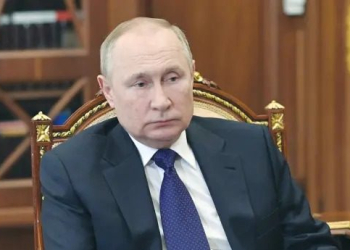Kiev: Ukrainian forces have withdrawn from their positions in Lysychansk after the key eastern city in the separatist Luhansk region fell to the Russians, the military in Kiev confirmed.
In a social media post late Sunday night, the General Staff said: “After heavy fighting for Lysychansk, the armed forces of Ukraine have been forced to withdraw from their occupied positions and lines.
“Given the overwhelming advantage of the Russian occupying forces in terms of artillery, aircraft, multiple rocket launchers, ammunition and personnel, continuing the defence of the city would have led to fatal consequences. In order to preserve the lives of Ukrainian defenders, the decision was taken to withdraw.”
Lysychansk’s fall came a week after its twin city Severodonetsk was captured by the Russian forces on June 25.
Capture of the two cities means Russia now controls nearly all of Luhansk region and much of neighbouring Donetsk, the two Russian-backed separatist regions that form the industrial Donbas.
Lysychansk and Severodonetsk were the last remaining Ukrainian positions in Luhansk.
In his video address to the nation, President Volodymyr Zelenksy on Sunday night insisted that Ukrainian forces will return to Lysychansk, “thanks to our tactics, thanks to the increased supply of modern weapons”, Ukrayinska Pravda reported.
He added that “Ukraine is surrendering nothing”.
Regarding Russian Defence Minister Sergei Shoigu’s statement earlier in the day that his forces had captured Lysychansk and taken full control of Luhansk region, Zelenksy said: “When Moscow officials report on the situation in Luhansk Oblast, let them remember the reports and promises they made before February 24, during the first days of the invasion, in the spring, and now.
“Let them make a realistic assessment of what they have achieved during this time, and the price they paid for it. Because their current reports will be reduced to dust, just as their past ones were.”
The President further noted that Ukrainian forces continue to gradually advance in Kharkiv, Kherson, and the Black Sea.
(IANS)






















